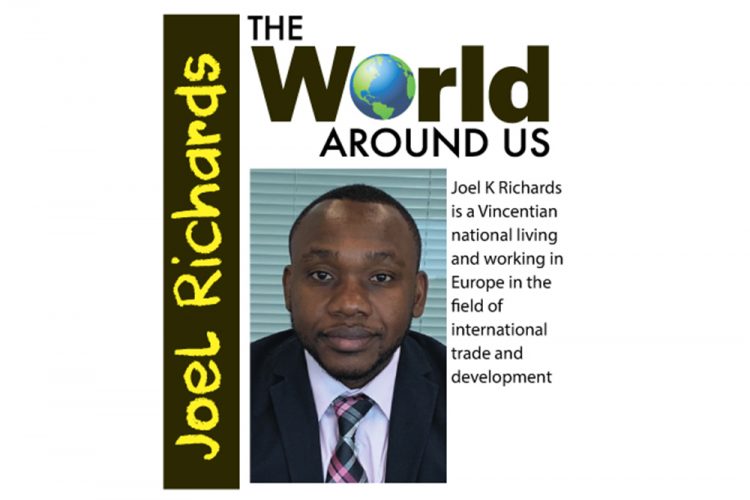The UN at 75: Past, Present and Future (Part I)

IF THE UNITED NATIONS (UN) did not exist, global conditions now and for much of the past seven decades suggest that it would have needed to be created. Such has been the imprint of the UN on the world’s psyche that many of us cannot imagine a world where the organisation does not exist.
On Tuesday 15th September, the 75th session of the UN General Assembly will open. The organisation was founded 75 years ago in the immediate aftermath of the Second World War when world leaders signed the UN Charter in San Francisco. The signing of this Charter was a signal from world leaders that instead of war, they wanted a future in which dialogue and diplomacy would play an indispensable role in settling disputes among states.
Over the decades, the UN has helped to maintain global peace and stability; it has provided humanitarian assistance to millions of people around the world; it has played a key role in global public health; and it has also been at the forefront of the fight against environmental degradation among many other areas. The following are among some of the major achievements of the UN:
• Provided food to over 90 million people in over 75 countries; • Assisted more than 34 million refugees;
• Authorised 71 international peace keeping missions.
• Assists over 50 countries a year with their elections;
• Provides vaccinations for roughly 58% of the world’s children;
• Helps approximately 30 million women each year with maternal health; and
• Seeks to protect human rights with 80 treaties and declarations under its auspices. The success stories of the UN are reminders to the world of what is possible through multilateral cooperation. However, paradoxically, the achievements of the UN also highlight much of what is wrong with our world. The UN’s feeding programme must be lauded, however it is a reminder that too
many people in too many countries are living in abject poverty. Being able to assist refugees is commendable, however this suggests that too many people in too many countries have been and are still being displaced by conflict and instability. Similarly, providing vaccines to children and assisting in maternal health are very noble endeavours. However, they also remind us that we have a long way to go in prioritising the wellbeing of children and women.
The UN itself is also not beyond criticism. Many have criticised the organisation for its lack of a proper response to the Rwandan genocide in 1994. The outbreak of cholera in Haiti after the earthquake in 2010 was blamed on UN aid workers. UN peacekeepers stationed in South Sudan have been criticised for failing to protect civilians from death, torture and rape. Several sexual abuse allegations have also been levelled at UN peacekeepers in the Republic of Congo, Cambodia, Haiti and other countries. The power imbalance, especially at the level of the Security Council where the five permanent members have the power of veto, also continues to be a matter of contention.
The UN is clearly not a perfect organisation and it has suffered its fair share of mission failures. However, in a context of a politically polarised world with vast economic and social disparities, it is perhaps better placed than any other multilateral body to assist in solving our collective problems. Importantly, small developing states rely on the UN to give them a voice and a platform.
Going forward, we have to continue to hold the UN to account in the execution of its mandate. However, more importantly, we must hold world leaders to account because ultimately, the UN cannot function effectively without the political backing and funding of its members. In next week’s article, I will look at the future of the UN in more detail.









